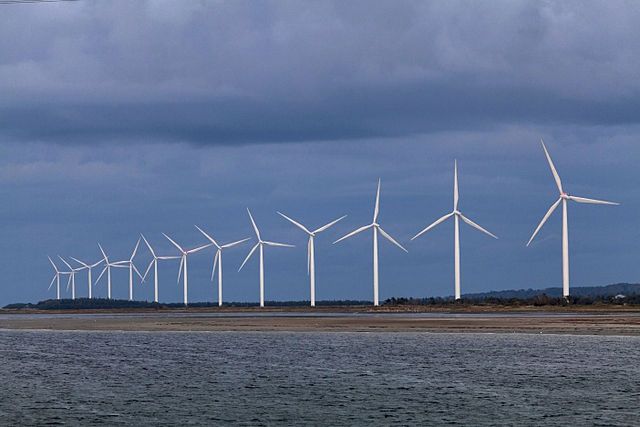For a number of years now, there has been a cap on the amount of electricity that could be sold across the Danish-German border.
This has meant that even though Nordic producers were at times able to produce cheaper power than their German competitors, they were unable to gain access to the German market to sell it.
READ ALSO: Germany to store atomic waste at Danish border
Negotiations have been underway for a year on a gradual expansion of capacity between Jutland and Germany, and these have resulted in an agreement between the Danish energy minister and his German counterpart.
A powerful argument
“It’s a really good deal for Denmark and the Nordic electricity companies that will gradually be able to export more electricity to Germany during periods when they can produce power more cheaply than their German competitors,” said the energy and climate minister, Lars Christian Lilleholt.
“Already by 2019, the available capacity will, on average, be five times as great as in 2016.”
Taking in renewables
The deal has been concluded because of the special circumstances prevailing in northern Germany, where the electricity grid has not been able to keep pace with the increased availability of renewable energy.
It should act as a stop-gap measure until German grid expansion allows a total opening up of cross-border trade.
“The government supports a fully-integrated and cross-border electricity market in Europe. An inner market in electricity is a precondition for being able to integrate more renewable energy into the system,” added Lilleholt.
In 2016, the average capacity between Jutland and Germany was around 200 MW. From December 1, and in accordance with the new agreement, the minimum available capacity will rise to 400 MW.
The agreement will run until the end of 2020, with the amount being increased each year up to 1,100 MW.















